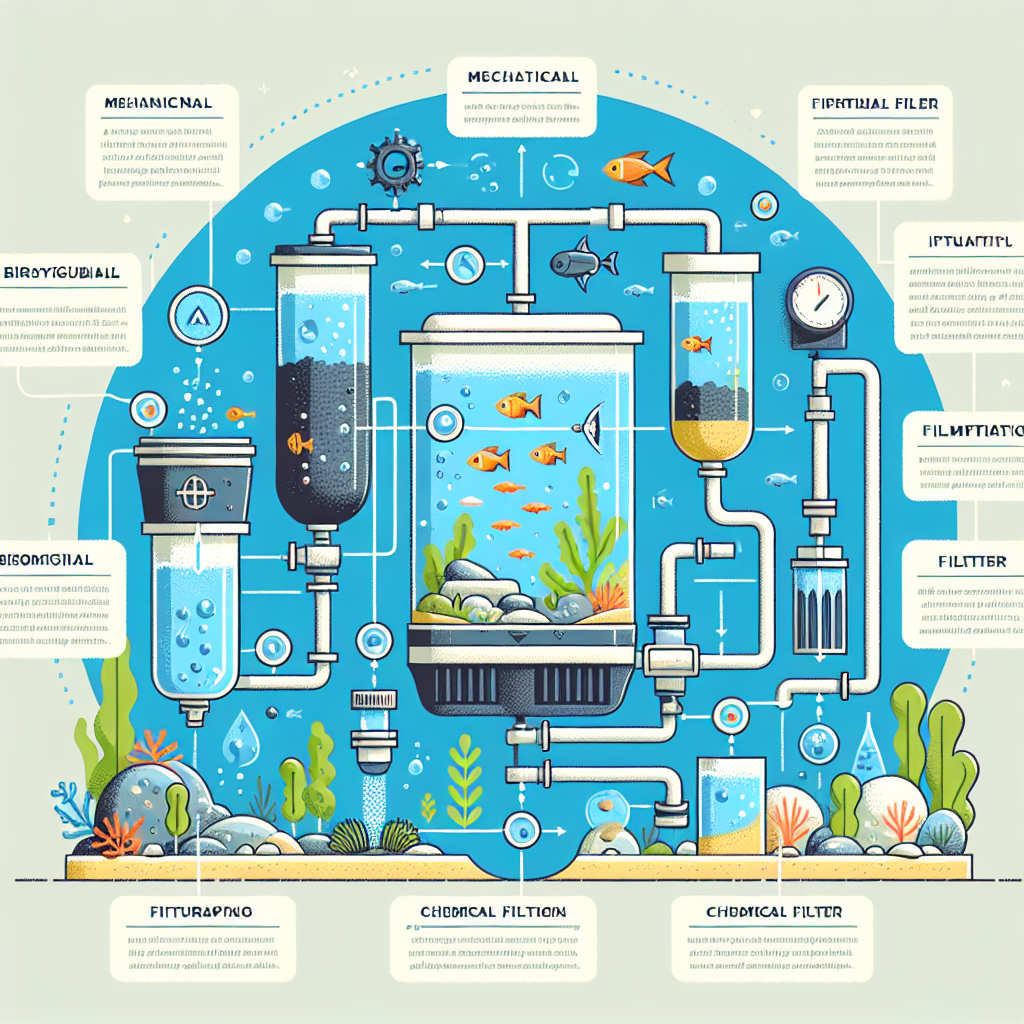Understanding Water Quality Terms
Water quality is critical for maintaining a healthy and thriving aquarium. Understanding common water quality terms can help in keeping your fish happy and healthy. This guide will walk you through these terms, helping you take the best care of your aquatic friends.
PH Levels: Balancing Acidity
The pH level measures the acidity or alkalinity of the water in your aquarium. It plays a critical role in the well-being of your aquarium's inhabitants. Let's break down how pH levels affect an aquarium's environment and the fish that live in it:
- Neutral pH: A pH of 7.0 is considered neutral—neither acidic nor alkaline.
- Acidic Water: A pH level below 7.0 indicates acidic conditions. Some fish, like most Amazonian species, thrive in slightly acidic water. However, too low pH can be harmful to many species.
- Alkaline Water: If pH exceeds 7.0, the water is alkaline. African cichlids and other Rift Valley fish prefer moderately to highly alkaline conditions. However, a very high pH level can also be harmful to many aquarium fish.
The Role of Hardness
General hardness (GH) and carbonate hardness (KH) are two important factors affecting water quality. They refer to the mineral content in the water, mainly calcium and magnesium. These minerals are significant for the health and development of fish, invertebrates, and plants. Learn more about how each species reacts to different water hardness in our Saltwater Species and Freshwater Species guides.
Nitrogen Cycle Basics
Understanding the nitrogen cycle is essential when maintaining an aquarium. This biological cycle converts harmful compounds such as ammonia and nitrite into safer nitrate. For more detailed explanations on troubleshooting issues related to the nitrogen cycle, check out our Troubleshooting Common Issues guide.
Temperature and Oxygen Levels
Temperature and oxygen level significantly impact fish health. Each species has its preferred temperature range for optimum health. Oxygen is vital for fish respiration, and its concentration in water can be influenced by temperature. Warmer water holds less oxygen than colder water.
Test Kits: Your Aquarium Health Check
Regularly testing your water is a key part of aquarium maintenance. Aquarium test kits help monitor the parameters which are important for fish health.
Understanding Aquarium Filters
Filters play an essential role in maintaining water quality in an aquarium by removing physical and soluble chemical waste products from fish and their environment. You can also read about various Aquarium Gear used in maintaining water quality.
|
Tetra Whisper IQ Power Filter 20 Gallons, 130 GPH, with Stay Clean Technology |
|

Water Quality for Different Species
Water quality requirements can vary significantly between different fish species. It's crucial to research your aquarium inhabitants' specific needs to maintain the best possible water environment for them. You can read about general water hardness on the U.S. Geological Survey website.
Maintaining Good Water Quality: A Summary
Good water quality is pivotal for the health and well-being of your aquarium life. By understanding the key parameters—such as pH, hardness, temperature, and oxygen content—you can create the perfect environment for your aquatic pets. Regular testing and diligent maintenance using quality aquarium products are crucial practices in fostering a thriving aquarium ecosystem.